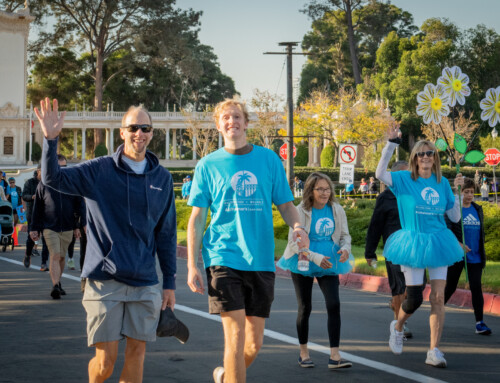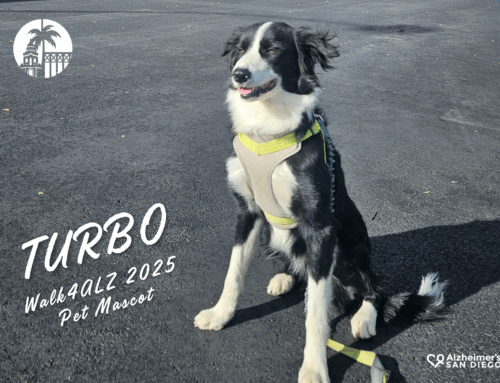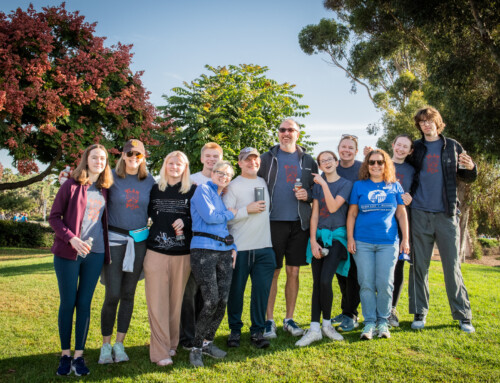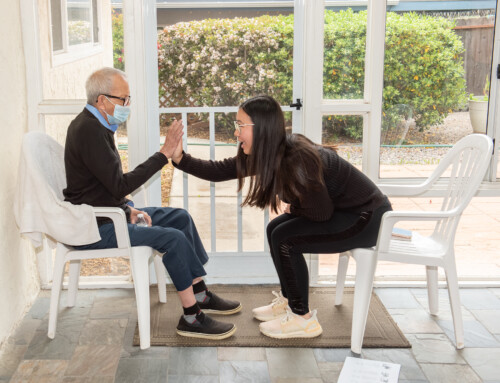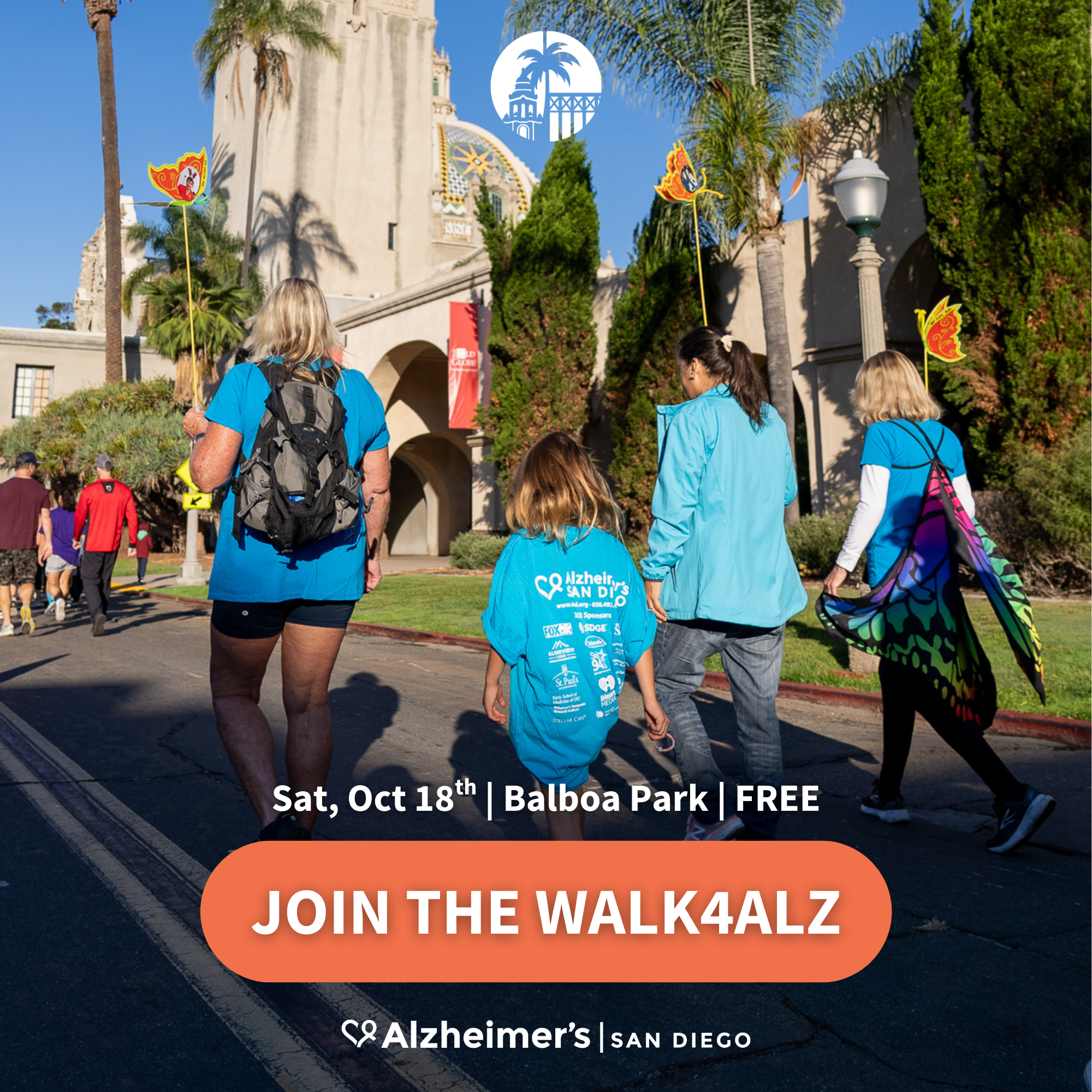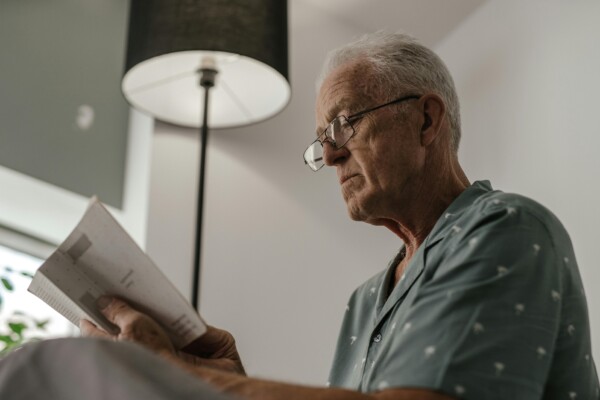
Frontotemporal dementia is an umbrella term for a group of disorders that primarily affect the frontal and temporal lobes of the brain, which are generally associated with personality, behavior and language. It’s often confused with Alzheimer’s disease, but molecularly and behavior-wise, the two are totally different. A big difference is that with FTD, memory changes are NOT a major symptom. Here’s a clip of our friend Wanda Smith on FOX 5 San Diego discussing Bruce Willis’ diagnosis of Frontotemporal dementia in 2023. She went through the symptoms and why some types of dementia like FTD take extended time to diagnose.
FTD usually affects younger adults in comparison to Alzheimer’s disease. Symptoms usually start in people aged 45 to as late as 80. Additionally, while FTD is less common than Alzheimer’s overall, it is the most common form of dementia for those under the age of 60. The reason it is so difficult to diagnose is because it is much less common than other forms of dementia, and therefore not as well understood on a scientific level. On average, it takes 3.6 years of studies to get an accurate diagnosis, as it’s usually misdiagnosed as Alzheimer’s, depression, or a psychiatric illness.
People living with FTD cannot wait for a cure… DONATE to help today >>
Here is a short video explaining the basics of FTD:
Frontotemporal disorders are a form of dementia caused by a family of brain diseases known as frontotemporal lobar degeneration (FTLD). Frontotemporal disorders can be grouped into three types, defined by the earliest symptoms physicians identify when they examine patients. There are a number of forms stemming from these disorders, such as Pick’s disease, Primary progressive aphasia (PPA), Corticobasal syndrome, Progressive supranuclear palsy (PSP), and Frontotemporal dementia with parkinsonism.
If you’d like more in depth information, we have a two part webinar posted on our Youtube:
Understanding Frontotemporal Degeneration (FTD), Part 2 (WATCH)
and a panel with experts discussing the links between genetics and FTD / other young onset dementias:
Experts Discuss Genetics & FTD / Young Onset Dementia (WATCH)
For more information see our video library, tip sheets, and information on other dementias. Call us at 858.492.4400 to speak with one of our dementia experts who are here to help San Diego County residents and/or those caring for someone living in San Diego County (Spanish speakers available). Also check out our free education classes, social activities, caregiver support groups, & more.
By Braulio Ambriz
RECOMMENDED: Talking to Children About Dementia
Updated on February 4th, 2025
